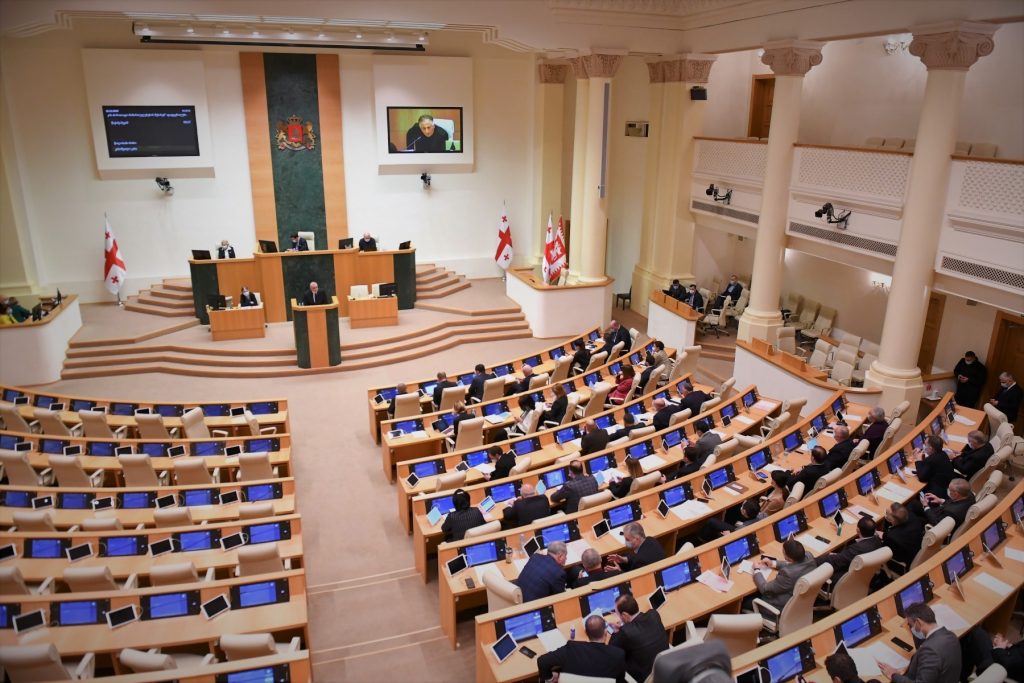Media Advocacy Coalition, uniting more than a dozen local media watchdogs, said proposed amendments regulating negative content in election campaign ads restrict freedom of “political expression and disproportionally interfere with media.”
The legislative package, if adopted, would amend Georgia’s Election Code and Law on Broadcasting, and prohibit both displaying campaign materials and airing ads that “create negative attitudes” towards election contenders.
The CSOs argued the introducing the “vaguely formulated” concept of “negative attitude” is alarming, stressing it could create a risk of unconstitutional interference with freedom of expression.
The proposed amendments “impose on broadcasters the responsibility for the content of political advertising,” the watchdogs said. Citing the UN Special Rapporteur and Venice Commission, the Coalition stated that “the media should not be held legally responsible for any unlawful statements made during an election campaign,” and “the sanctions should be targeted directly at the violator, excluding media liability.”
Disciplining the media for the content of political advertisers poses a risk of self-censorship by broadcasters, the Coalition added. It also stressed the right of the public to be informed about what politicians are highlighting in their campaigns.
The Coalition called on the Georgian Parliament “not to support the submitted draft law and withdraw the controversial document immediately.”
“It is important for political forces to have the opportunity to express their position on ongoing relevant issues, including to criticize an opponent, through political advertising,” the Coalition stressed.
The watchdogs added that envisaged sanctions, GEL 2,000 (USD 638) would apply both to parties that order the ads, and networks or physical advertising companies that place them. The “strict sanction” poses additional risk to critical political activities as broadcasters may refuse to air ads fearing sanctions, the Coalition argued.
The proposed amendments were endorsed by the Parliament’s Bureau on October 18. Legal Issues Committee will lead the discussions on the bill.
According to the Parliament’s press service, the authors of the bill, Georgian Dream lawmakers, had requested to fast-track the hearings to pass the changes until the second rounds of the local polls. But the Bureau eventually decided the bill will go through regular procedure.
This post is also available in: ქართული (Georgian) Русский (Russian)

